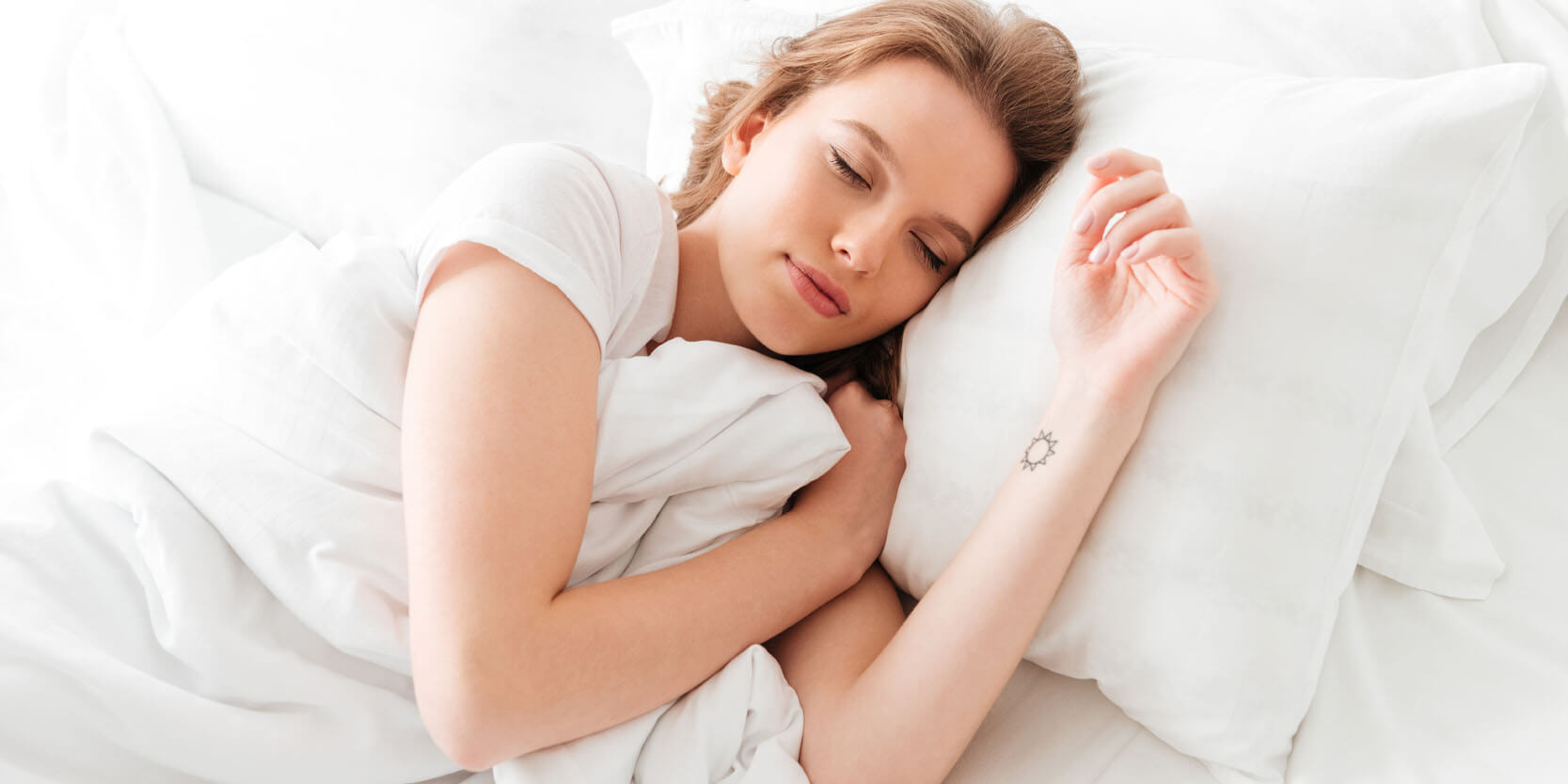Sleep is an important component of physical and mental health and overall wellbeing. Sleep and happiness are interconnected.
A growing burden of sleeplessness
93% of the Indians are sleep-deprived as per the survey conducted by Philips Healthcare India. Sleep apnoea and Insomnia are reported to be common sleep disorders.
Chronic sleeplessness and sleep disorders can increase the risk of serious health problems like heart diseases, stroke, obesity, diabetes, etc.
Sleep Disorders
Everyone may have experienced trouble falling asleep once in a lifetime but if this problem becomes regular or frequent; it is termed as a sleep disorder.
The common sleep disorders are
- Insomnia
Insomnia is defined as an inability to fall asleep or maintain sleep with symptoms of
- Waking up too early morning
- Waking up tired
- Day time fatigue/sleepiness
- Stress/ anxiety
- Mental Health disorder [depression]
- Medical Conditions
- Chronic pain
- Allergy - Breathing problems may impair sleep
- Hormonal [pregnancy, menopause]
- Irregular sleep-wake schedule [shift work, Jetlag ]
- High caffeine intake/ alcohol/certain medications
It may be caused by
Types of insomnia based on the duration
Insomnia Duration Short term Lasts from 1 night to a few weeks Chronic 3 nights a week for a month or longer - Sleep Apnoea
- Narcolepsy
Sleep apnoea is interrupted breathing during sleep which presents as snoring or periodic gasping for air while sleeping resulting in repeated awakenings
| Sleep apnoea | Obstructive Sleep Apnoea (OSA) | Central sleep apnoea (CSA) |
|---|---|---|
| Prevalence | Common | Rare |
| Cause | Airway blockage due to the collapse of soft tissue during sleep | Lack of drive to breathe during sleep |
Narcolepsy is a neurological condition of sleep regulation that affects sleep and wakefulness cycle, resulting in an uncontrollable episode to fall asleep during the daytime.
A healthy person needs 7 to 9 hrs of good quality sleep. If you have symptoms of sleep disorder or you need to discuss your sleeping problems, talk to our doctors at DocOnline.
5 Sleep habits or home remedies for quality sleep
- Stick to a consistent schedule
- Go to bed only when you are feeling sleepy or tired.
- Get up at the same time every day even when it’s a holiday
- Don’t sleep long hours in the afternoon or at odd times.
- A quiet, dark, calming, comfortable environment to sleep fast
- The bed should have a good firm mattress.
- Lifestyle changes that help sleep early
- Avoid caffeine in the evening
- Avoid smoking or too much alcohol consumption
- Regular exercise in the daytime.
- Avoid consuming a heavy meal in the night
- Limit your fluid intake 2 hrs before bedtime (frequent urination may disturb sleep)
- A calming and relaxing pre-sleep schedule
- Listen to relaxing music, practice deep breathing
- Back massage
- Meditation and yoga also help in improving sleep quality.
FAQ
Practice deep breathing and relax your body in a comfortable bed.
Warm milk, chamomile tea, and Ashwagandha in milk may help in inducing sleep.
Melatonin and valerian supplements are commonly used natural sleep aids and should be taken under the supervision of Doctor.
It could be due to a sleep disorder, stress, anxiety, jet lag or a medication side effect.













